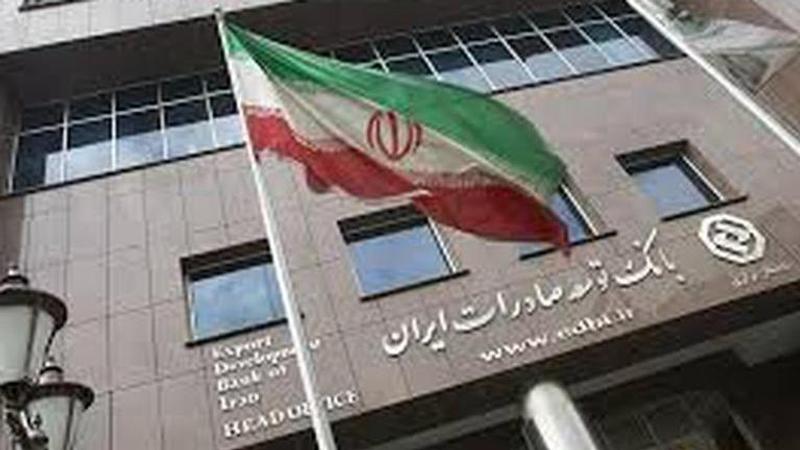Published 06:30 IST, December 20th 2020
Iraq's central bank devalues dinar by 22%
Iraq's central bank on Saturday announced it will devalue the Iraqi dinar by over 20 percent in response to a severe liquidity crisis brought on by low oil prices, a measure that has sparked public outrage as the government struggles to make payments.

Iraq's central bank on Saturday announced it will devalue the Iraqi dinar by over 20 percent in response to a severe liquidity crisis brought on by low oil prices, a measure that has sparked public outrage as the government struggles to make payments. Riot police were dispatched outside the central bank headquarters in central Baghdad prior to the announcement in the event news of the devaluation sparked protests.
A leaked draft of the state budget law for 2021 caused furor on the Iraqi street last week as it confirmed plans to devalue the dinar.The new rates represent a dramatic reduction from the previous official rate of 1,182 IQD. It is the first reduction in exchange rates that the Iraqi government has made in decades.
In a statement, the Central Bank set the new rate for the dinar, which is pegged to the U.S. dollar, at 1,450 IQD when selling to the Iraqi Finance Ministry. The dinar will be sold to the public at 1,470 IQD and to other banks at 1,460 IQD. The devaluation raised the prospects of the dinar weakening further on the street.
The rate has already risen to 1,400 IQD per U.S. dollar on Saturday, up from 1,300 IQD last week, at currency exchange agents.
Since an oil price crash earlier this year, Iraq has been grappling with an unprecedented liquidity crisis. The crude-exporting country has had to borrow from the bank’s dollar reserves to pay the nearly 5 billion US dollars in monthly fees for public salaries and pensions. Oil revenues, which account for 90% of the budget, have brought in an average of $3.5 billion.
Efforts to introduce reforms have been met with opposition and to date, the government has been borrowing internally to foot state bills. A devaluation would give oil-rich Iraq, which imports nearly all of its goods, more dinars in hand to make urgent payments. But setting a new rate has been a delicate balancing act to satisfy the government's needs for liquidity without impacting the average Iraqi.
Image: Al-Monitor
Updated 06:30 IST, December 20th 2020




